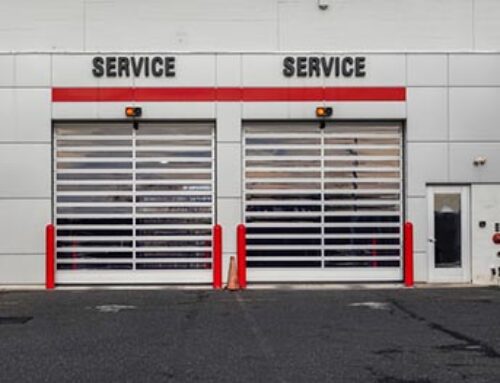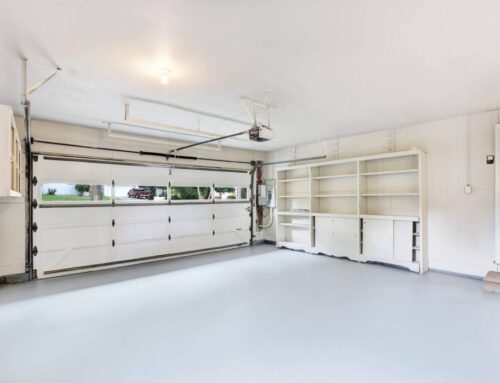Electric driveway gates, also known as automatic or electric gates, have been in existence for several decades. The exact date when they first became popular is challenging to pinpoint because the development and adoption of this technology happened gradually over time.
In the mid-20th century, automatic gates started to gain traction, primarily for commercial and industrial applications where security and convenience were crucial. Over the years, advancements in technology and increased affordability have made electric driveway gates more accessible to residential homeowners.
While it’s difficult to determine the precise moment when electric driveway gates became a “thing,” it’s safe to say that their widespread use in residential properties became more common from the late 20th century onward as technology improved and became more affordable for the average consumer.
Driveway gates come in various types, each designed to cater to different security, aesthetic, and operational requirements. Here are some common types of driveway gates:
- Swing Gates:
- Single Swing Gates: These gates consist of a single panel that swings open to one side.
- Double Swing Gates: These gates have two panels that swing open from the middle, resembling a set of doors. They are suitable for wider driveways.
- Sliding Gates:
- Sliding gates operate horizontally along a track and are ideal for properties with limited space along the driveway.
- Rolling Gates:
- Rolling gates, also known as roll-up gates, consist of a metal curtain that rolls up vertically above the gate opening. They are commonly used in commercial and industrial settings for security.
- Vertical Lift Gates:
- Vertical lift gates operate vertically, lifting straight up above the entrance. They are suitable for areas with limited horizontal space but sufficient vertical clearance.
- Cantilever Gates:
- Cantilever gates are suspended over the driveway without the need for a ground track. They are ideal for uneven or sloped driveways where a ground track may not be practical.
- Barrier Arm Gates:
- Barrier arm gates are typically used in parking lots and control vehicle access. They consist of a long arm that pivots upward to allow vehicles to pass through.
- Folding Gates:
- Folding gates, also known as bi-fold gates, fold open in the middle to allow entry. They are space-efficient and suitable for narrow driveways.
- Telescopic Gates:
- Telescopic gates consist of multiple overlapping panels that retract and extend like a telescope. They are ideal for wide entrances, where a single panel gate would be too large to operate efficiently.
- Decorative Gates:
- Decorative gates come in various designs and materials, enhancing the aesthetic appeal of a property while providing security. They can be swing, sliding, or any other type, customized to match the property’s architectural style.
Each type of driveway gate has its advantages and is suitable for specific applications. The choice of gate depends on factors such as available space, security requirements, budget, and aesthetic preferences.
The most common type of driveway gate for residential properties is the swing gate, which includes both single swing gates and double swing gates. Swing gates operate similarly to doors, swinging inward or outward to open and close.
- Single Swing Gates: These gates consist of a single panel that swings open to one side. They are suitable for narrower driveways where there might not be enough space for a double gate.
- Double Swing Gates: These gates have two panels that swing open from the middle, resembling a set of doors. They are ideal for wider driveways and offer a more balanced and aesthetically pleasing appearance.
Swing gates are popular because they are relatively simple in design, easy to install, and are available in various materials such as metal, wood, or vinyl. They are also often chosen for their classic and traditional look. Additionally, swing gates are compatible with a wide range of automation systems, making them a convenient choice for homeowners seeking both security and convenience.






